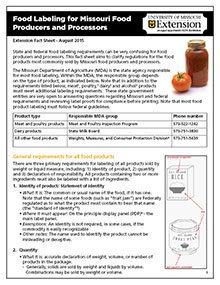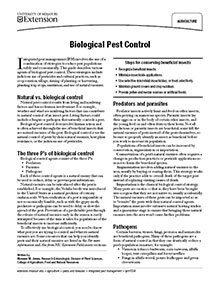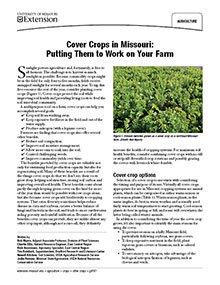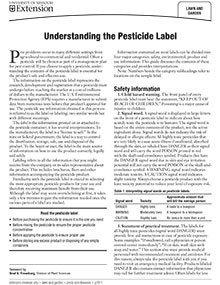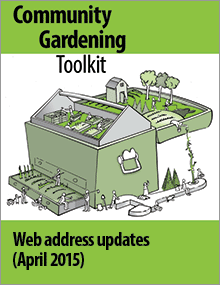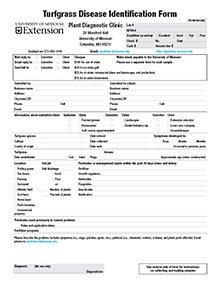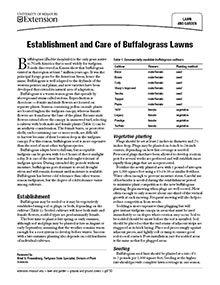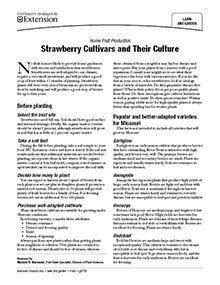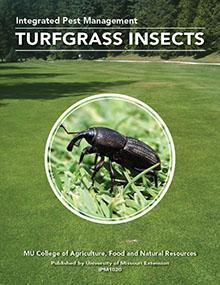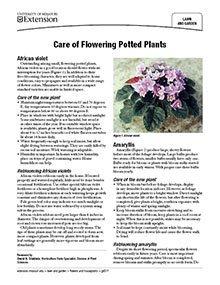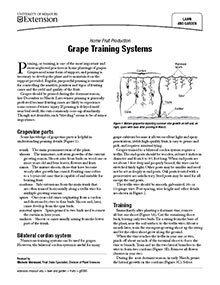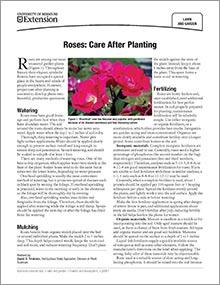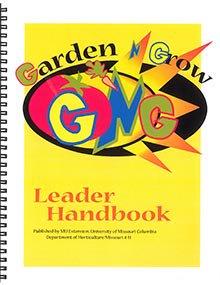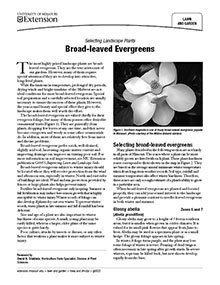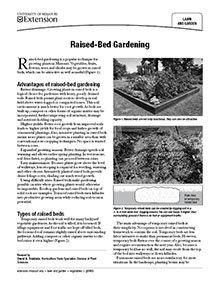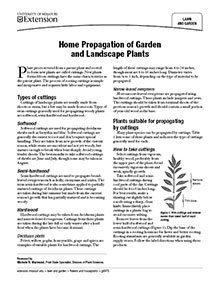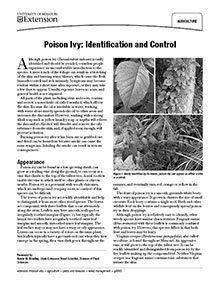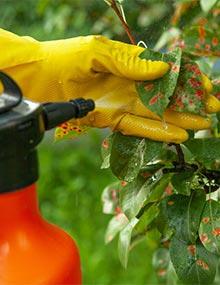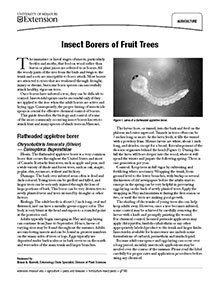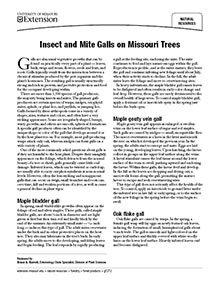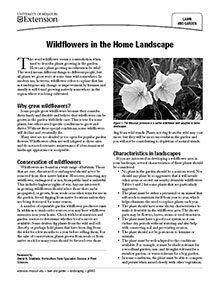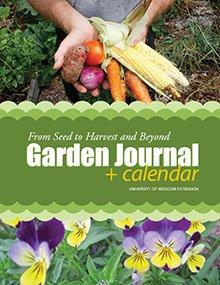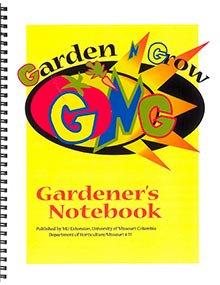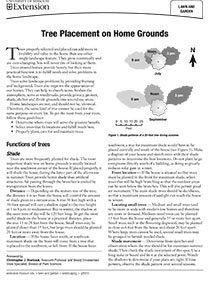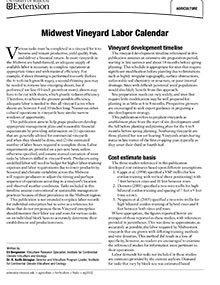The following publications cover topics related to Commercial Horticulture. For a complete list of MU Extension publications, visit the main Publications page.
Food Labeling for Missouri Food Producers and Processors — Fact Sheet
New
Editor’s note
The following abstract describes a publication that is only available as a downloadable PDF.
Biological Pest Control
New
Integrated pest management (IPM) uses safe, cost-effective strategies like cultural practices, natural enemies, and selective pesticide use to control pests.
Cover Crops in Missouri: Putting Them to Work on Your Farm
New
Explore effective cover crop strategies for Missouri farmers to enhance soil health, manage erosion, and boost yields.
Understanding the Pesticide Label
Reviewed
Learn how to interpret pesticide labels for safe application and compliance with regulations.
Community Gardening Toolkit, Page 7
Reviewed
These web addresses in the Community Gardening Toolkit changed as of April 2015. Note that others have likely changed since then.
Turfgrass Disease Identification Form
Reviewed
Editor’s note
The following abstract describes a publication that is only available as a downloadable PDF.
Establishment and Care of Buffalograss Lawns
Reviewed
Establish a low-maintenance, drought-tolerant buffalograss lawn with expert guidance on planting, care, and cultivar selection.
Home Fruit Production: Strawberry Cultivars and Their Culture
Revised
This guide offers practical advice on selecting, planting, and maintaining strawberry cultivars suited for Missouri's climate.
Turfgrass Insects
Revised
Learn to manage turfgrass insect pests through integrated pest management, combining cultural practices with minimal pesticide use.
Care of Flowering Potted Plants
Reviewed
Learn how to care for flowering potted plants like African violets and amaryllis, including watering, light, humidity, and reblooming tips.
Home Fruit Production: Grape Training Systems
Revised
Pruning is one of the most neglected practices in home plantings of grapes. Visit our site for our Home Fruit Production: Grape Training Systems guide.
Roses: Care After Planting
Revised
Planting roses? Learn how to mulch, water, prune, and care for your roses. Includes a pest guide.
Garden 'n Grow: Leader Handbook
Reviewed $30
Editor's note
The following abstract describes a publication that is only available for purchase.
Selecting Landscape Plants: Broad-leaved Evergreens
Reviewed
Tips on selecting broad-leaved evergreen plants for your landscape, from ideal soil conditions to winter care, enhancing year-round beauty and structure.
Raised-Bed Gardening
Revised
Raised-bed gardening enhances soil drainage and root health, offers customizable design options and extends the growing season for better yields.
Home Propagation of Garden and Landscape Plants
Reviewed
Learn simple, affordable techniques for propagating plants using cuttings, rooting media, and proper care to grow healthy new plants.
Poison Ivy: Identification and Control
Reviewed
Identify and manage poison ivy with tips on recognition, safe removal methods, and herbicide options to prevent skin irritation and regrowth.
Fruit Spray Schedules for the Homeowner
Revised
This guide provides seasonal spray schedules for common fruits, helping homeowners manage pests and diseases for healthier harvests.
Insect Borers of Fruit Trees
Reviewed
Learn about insect borers that affect fruit trees, including their biology, the damage they cause, and effective control methods to protect your orchard.
Wildflowers in the Home Landscape
Reviewed
Learn how to design, locate and care for a wildflower garden; and what wildflowers suitable for shaded or sunny locations in Missouri. Tips on collecting native plant seeds and other propagation methods are included in this MU Extension guide.
From Seed to Harvest and Beyond: Garden Journal and Calendar
New $30
Our Missouri garden journal is also a how-to guide and information resource. It provides a place to organize gardening info, plans and notes. Gift it to the gardeners in your life. If you are a Master Gardener, treat yourself.
Garden 'n Grow: Gardener's Notebook
Reviewed $20
Editor's note
The following abstract describes a publication that is only available for purchase or as a downloadable PDF.
Tree Placement on Home Grounds
Reviewed
Trees properly selected and placed can add more in livability and value to your home. Visit our site to learn about tree placement on home grounds.
Midwest Vineyard Labor Calendar
New
Editor's note
The link to the Domoto reference was updated on 1/23/15.
